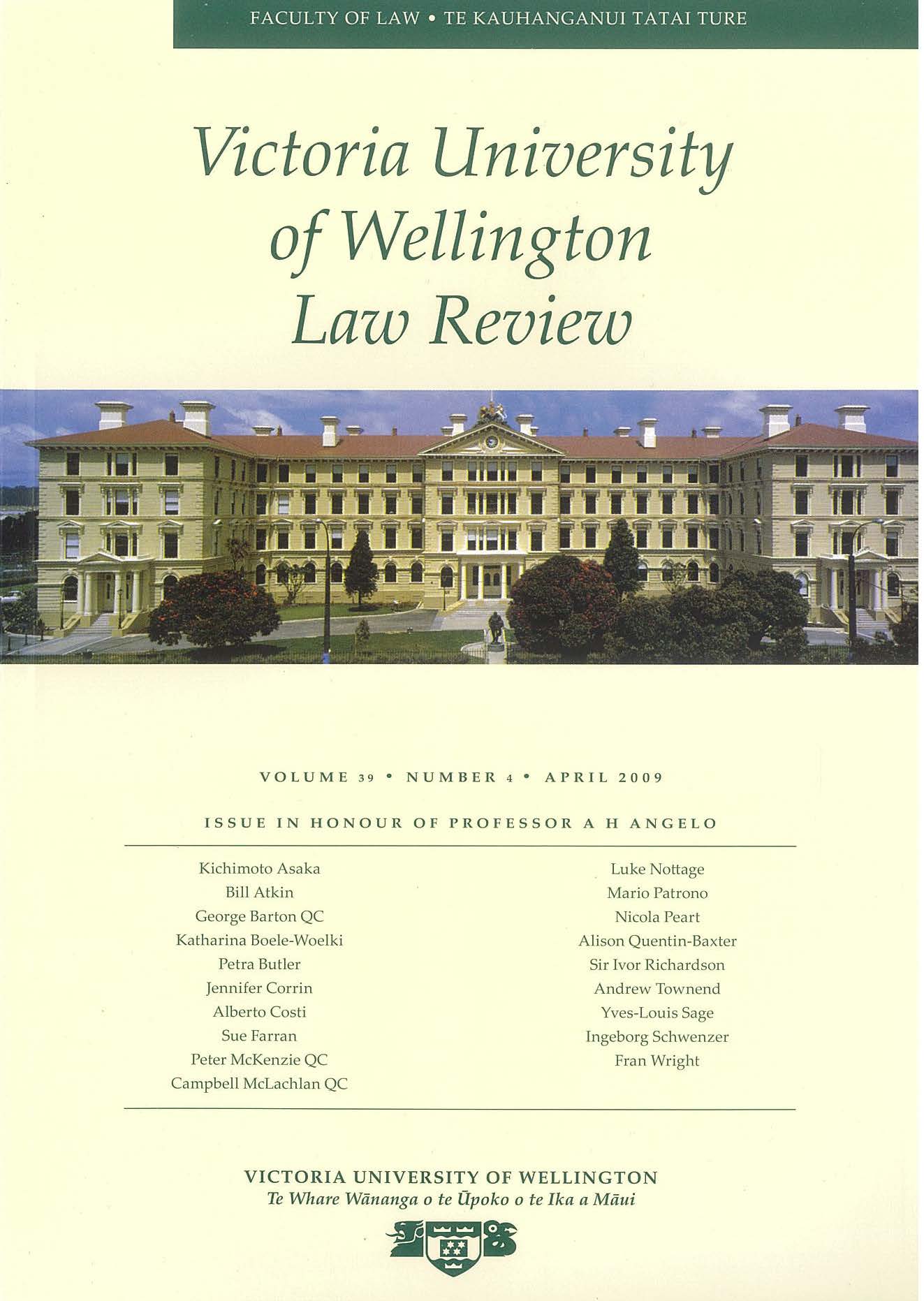The 60th Anniversary of the Genocide Convention
DOI:
https://doi.org/10.26686/vuwlr.v39i4.5494Abstract
On 9 December 1948, the United Nations General Assembly adopted the Convention for the Prevention and Punishment of the Crime of Genocide. A symbolic response to the atrocities perpetrated by the Nazi regime during World War II, the Convention quickly succumbed to the politics of the Cold War. Its renaissance in the 1990s owes much to the thaw in East-West relations and the emergence of international criminal law and institutions in the aftermath of the events in Rwanda and the former Yugoslavia. As we celebrate the 60th anniversary of this venerable instrument, time is ripe for an assessment of the Convention, in particular the extent to which recent international developments have curbed genocide and other related acts. This article examines the backdrop against which the Convention was adopted, including the reasons explaining why genocide developed as a separate crime. It then looks at the definition that was eventually adopted, including the issues surrounding acts of genocide, protected groups and the requisite intent to prove genocide, and argues that political considerations have shorn the Convention of some important elements. The final part of the paper offers a few general reflections on post-Cold War developments aimed at eradicating genocide and other international crimes.
Downloads
Downloads
Published
How to Cite
Issue
Section
License
Authors retain copyright in their work published in the Victoria University of Wellington Law Review.


